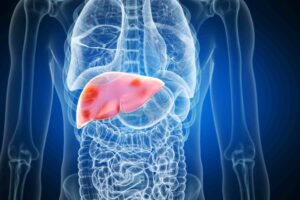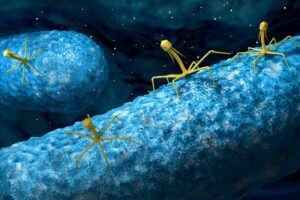gut microbiota
Neuroscience, Pediatrics
The findings of a recent study suggest that L. reuteri eases social difficulties in autistic children.
Industry
MaaT Pharma indicates completion of patient recruitment for the Phase 2a RCT Evaluating MaaT013 in combination with immune checkpoint inhibitors in metastatic melanoma.
Oncology
The findings of a recent study suggest that modulating the gut microbiota in people with liver cancer can improve their health outcomes after surgery.
Industry
The study seeks to identify specific microbial and metabolic markers in the small intestinal fluid and blood of PD patients, offering new avenues for therapeutic intervention.
Gastroenterology, Pediatrics
The findings of a recent study suggest that different factors, including maternal seeding and phage persistence in the gut, contribute to the colonization of the gut by phages.
Neuroscience, Pediatrics
The findings of a recent study show that specific gut microbes and their metabolites affect cognition and memory when transplanted into germ-free mice.
Gastroenterology, Events
Shahram Lavasani, Founder & CEO at ImmuneBiotech AB, discusses the recent data about gut microbiota and Pre-eclampsia.
Gastroenterology, Nutrition
Although a causative relationship between obesity and gut microbes remains unclear, microbiota-based treatments may help to combat obesity.
Gastroenterology, Pediatrics
The findings of a recent study shed light on the microbiota of the main nutrition types that preterm infants receive and may inform future studies on the influence of different…
Gastroenterology, Events
Giovanni Barbara, congress chair, explain why it is important to be part of IBS Days 2024.











